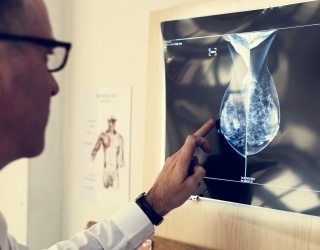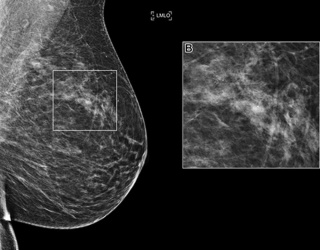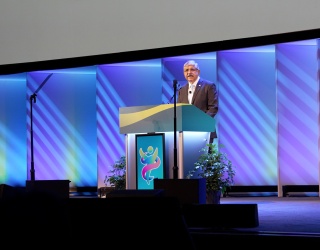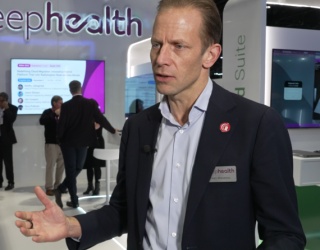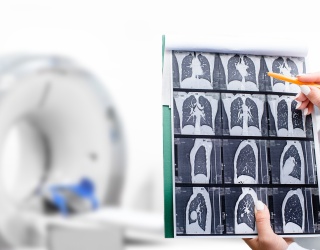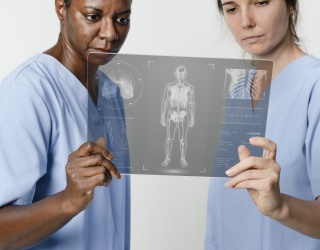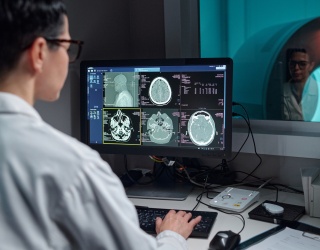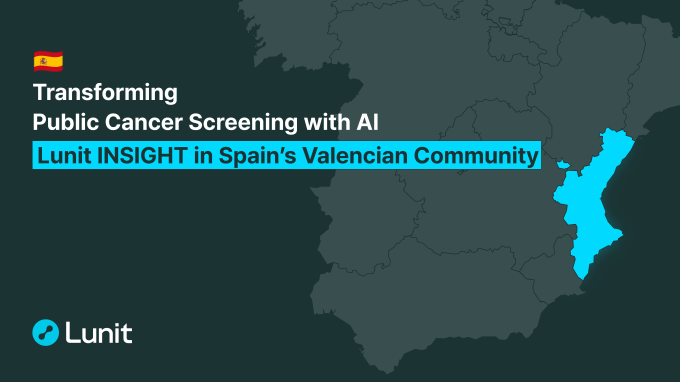
The Valencian Community Appoints Exclusive AI Provider for Breast Cancer Screening
The Valencian Community — one of Spain’s most expansive and digitally forward healthcare regions — has taken a decisive step in modernizing its national screening program. As of September 2025, authorities have selected AI-powered tools from South Korea-based medtech company Lunit to serve as the exclusive artificial intelligence solution for breast cancer screening across the region.
The deployment marks a notable milestone in Spain’s efforts to integrate AI into public health services, underscoring the growing trust in clinical-grade algorithms to support early cancer detection and improve diagnostic efficiency on a regional scale.
With a population of approximately 5 million, the Valencian Community is Spain’s third-largest region by population and fourth by economic size. The regional health authority has emerged as a national leader in healthtech, advancing the integration of digital health, AI diagnostics, and biomedical innovation across its public health system.
In 2024, the Valencian Community began evaluating the use of AI in its organised breast screening program, aiming to significantly increase participation from 250,000 to 400,000 women annually while maintaining high standards of care. After assessing multiple AI vendors on scientific performance, technical integration, and clinical impact, Lunit’s solutions were selected based on their ability to optimise workflows and support radiologists in delivering timely, accurate diagnoses.
The contract covers the implementation of Lunit INSIGHT MMG and Lunit INSIGHT DBT across the region and marks the company’s largest European project to date.
The Valencian Community now joins a growing list of regions and countries–including Iceland, Australia, Singapore, Saudi Arabia, Qatar, and the UAE (Abu Dhabi), where Lunit’s AI is supporting public breast screening programs.
In addition to the commercial deployment, Lunit and the Valencian Community have committed to ongoing collaboration in scientific research, with plans to jointly explore new strategies for improving early cancer detection and population health outcomes.

